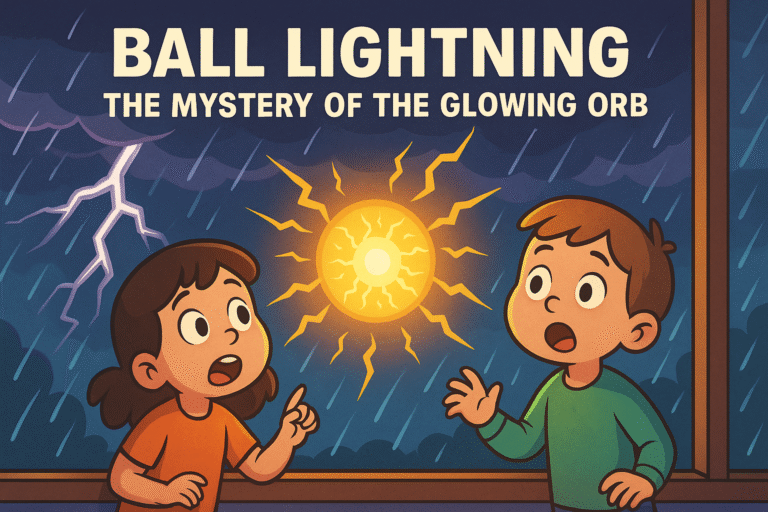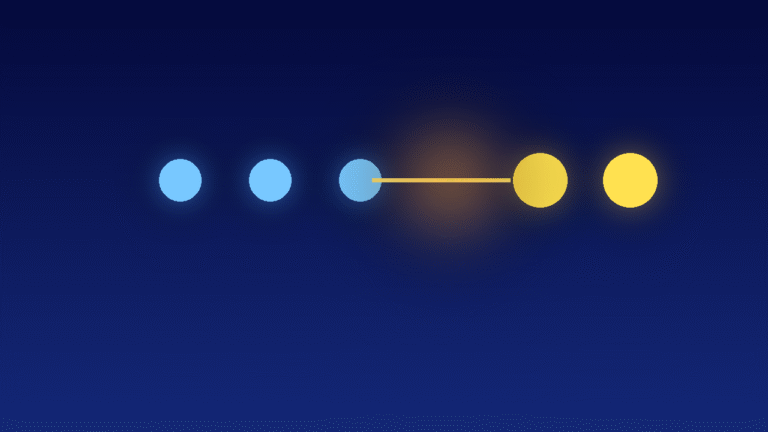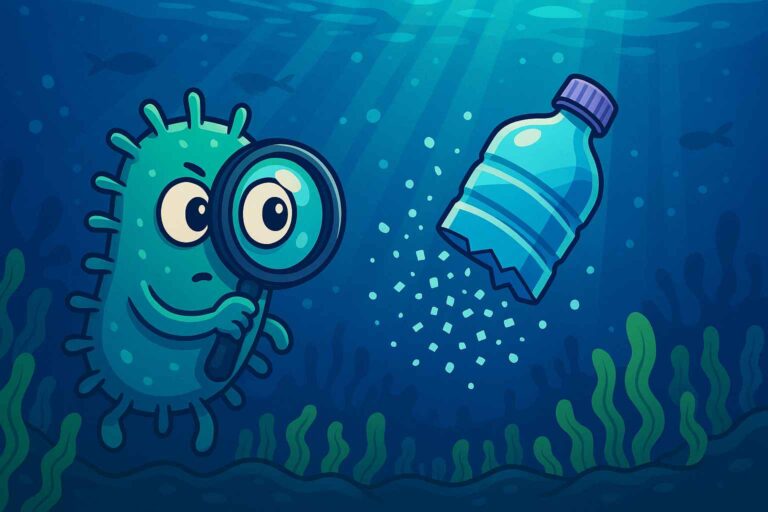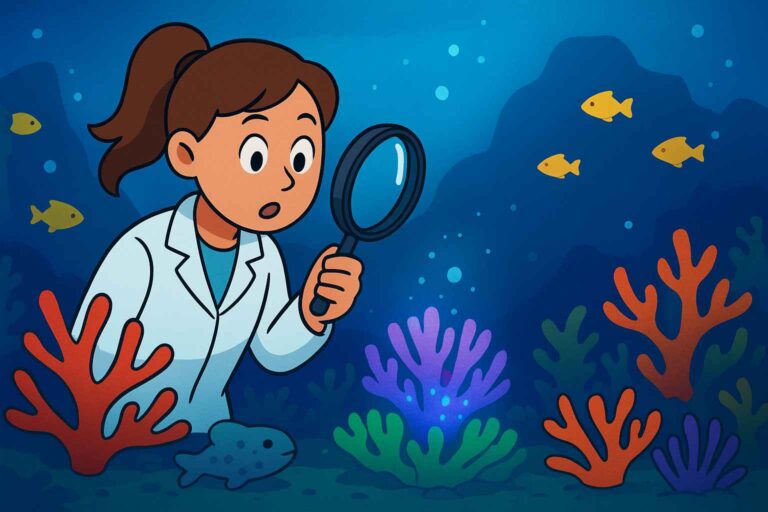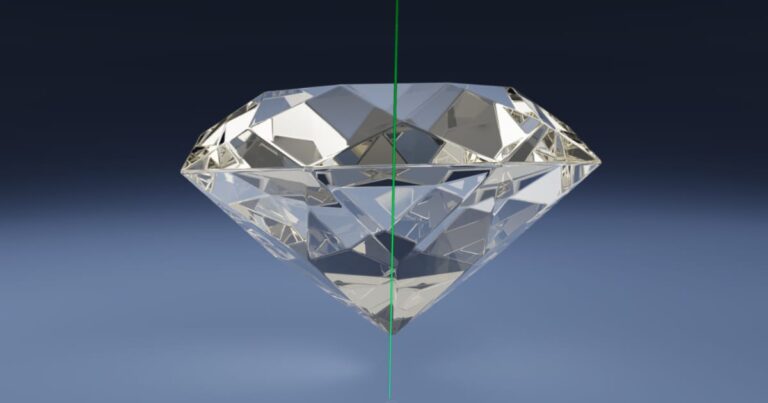⚡ Ball Lightning: The Mystery of the Glowing Orb Ball Lightning: The Mystery of the Glowing Orb – A Science Mystery for Kids
Some people claim to see glowing balls of lightning floating in the sky! Discover the mystery of ball lightning with kid-friendly explanations, fun facts, theories, and interactive science thinking.

